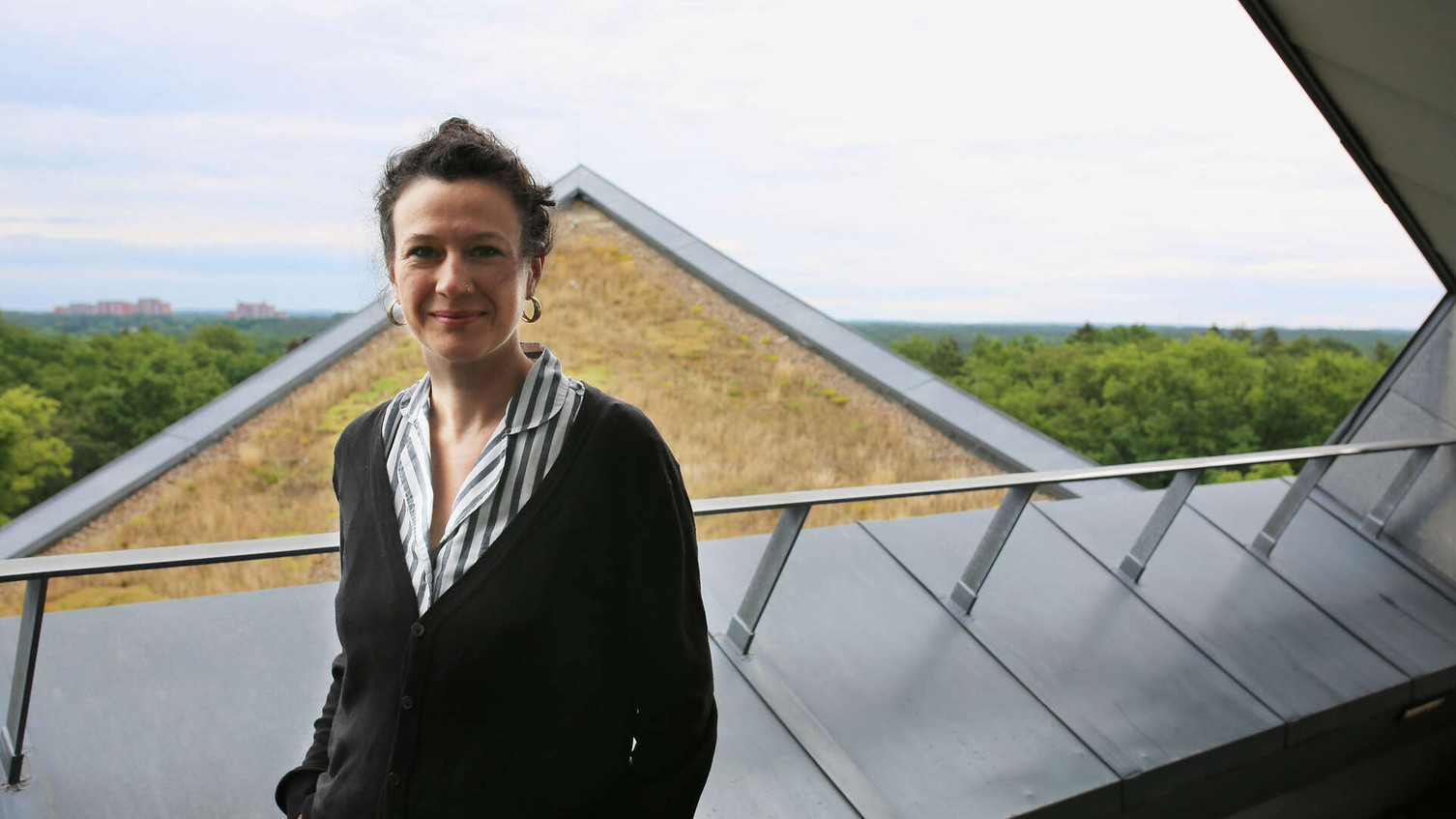New at Leuphana: Prof. Dr. Anna Lisa Ramella – Space ethnography
2024-08-27 How do space researchers view the unknown in space? In her new project, the junior professor of cultural studies methods is researching the attitudes of engineers and astronomers towards the future. Anna Lisa Ramella's research focuses on mobility, such as that of Kenyan internal migrants and musicians on tour.
- In your research, you investigate attitudes towards the future. What is your methodological approach?
I am interested in how people's ideas are expressed in practices. In Kenya, for example, I worked on the topic of “Future Making in the Kenyan Rift Valley” in the SFB Future Rural Africa on intra-Kenyan migrants. The job seekers, most of whom came from western Kenya, worked on cut flower plantations. I used methods of audiovisual anthropology, including speculative fiction. Together with the renowned cameraman Ben Bernhard, we are currently making the film “Kesho - Tomorrow”, which we conceived in collaboration with the research participants in Kenya. The film combines fictional and ethnographic material.
You will also use audio-visual methods in your new project. You accompany engineers who develop measuring instruments for space missions.
I film in a laboratory and conduct interviews on the subject of the unknown unknown, i.e. that which we cannot yet know that we do not know. In these laboratories, measuring instruments are being developed that will collect data in space. I would like to find out more about the attitudes of the engineers. How do they deal with the unknown and the future? How does knowledge yet to be explored materialize in technical devices? In order to take into account the expected form of the research results, I am planning to develop a multimodal publication format with designers and programmers.
You have also accompanied bands on tour. How did you proceed methodically?
Mobile methods are a special feature of mobility research. That's why I traveled with the musicians. For example, I accompanied indie and folk rock bands on their tours through Europe and the USA. One characteristic of participant observation is the proximity and relationship to the research subject. So I had to find my role in the group and therefore helped out as a tour manager and merch saleswoman. As an audiovisual anthropologist, however, I became visible as a researcher primarily through filming for the bands.
What were you able to observe?I was moving in a complex social space, a microcosm. The tour bus was no bigger than a normal Sprinter. Because of the confined space, care was taken to avoid conflicts. Selected music was played; delicate conversations were avoided. The constant was the stage: every evening, everything was set up in a new location as it had been the night before - both spatially and acoustically. The musicians told me in interviews that these were the moments on the tour when they felt most at home. The city in which they performed was less important. They see themselves as nomads.
You teach at the college as well as at the graduate school. Why is methodological knowledge important in the Bachelor's program?
First-semester students often come from school with the idea that if I measure something scientifically, I will always come to an objective result. That's why I want to teach students that methods don't work like recipes. They have to be adapted to the object of research and developed in line with it. Subjectivity is also part of participant observation: the researcher him/herself becomes the “measuring instrument”.
Ethnographies are used in various disciplines and can serve to describe an inherent processuality of the objects. Such research does not assume that a conclusion has been reached at some point, but that a section of a lifeworld has been made tangible at a certain point in time and from a certain perspective.
Thank you very much for the interview!

